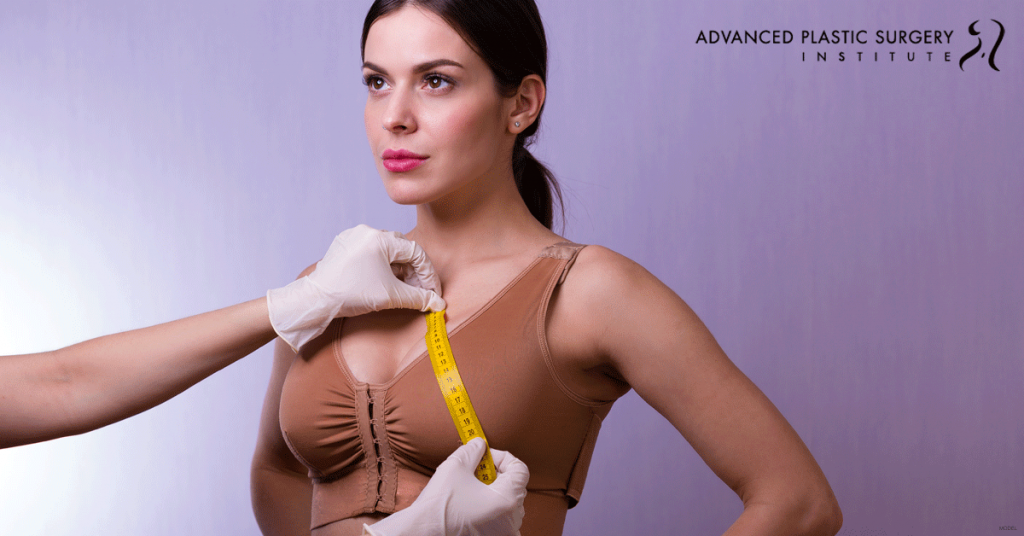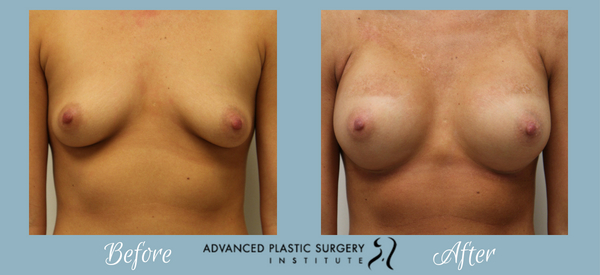Breast augmentation is the top cosmetic procedure in the U.S.—with over 300,000 breast augmentations performed in 2017 alone, a 3% increase over the previous year. Though breast augmentation here at my Gilbert, AZ, practice and nationwide is very common, it remains important to have good communication with your surgeon and provide him or her with as much information as possible to help you achieve your desired results.
The following are a few topics you should be prepared to talk about with your surgeon:
- How much exercise do you do? What kind? Your lifestyle should play a major role in choosing implant size. If you regularly do high-intensity workouts that involve jumping or running, it may be a good idea to opt for a smaller implant. Your new breasts should not impede on your normal daily activities. Talk to your surgeon about what implant placement and size work best for active patients. I work with my patients to create an individualized treatment plan that will not affect their workouts.
- What is your work schedule like? What does your job entail? Most patients go back to work 5 to 7 days after surgery. However, if your job requires manual labor, like an at-home aid, police officer, or personal trainer, you may have to take off more time. It is important to consider your work demands before scheduling a procedure.
- How well do you tolerate pain? As with any surgical procedure, breast surgery produces some level of discomfort. Your incisions may feel achy the first day while your anesthesia is still wearing off. By the second or third day, you may feel a slight burning sensation. Your actual breast tissue may feel a dull soreness, but this usually fades within a few days. If you have any shooting pain, fever, redness, or extreme swelling, contact your surgeon immediately as these can be signs of infection.
- Do you have kids or small pets? After a breast augmentation, I advise patients to not lift anything over about 10 pounds. Of course, this means no dumbbell workouts at the gym but also includes no lifting small children or pets. Not only are they too heavy for you during recovery, but their unpredictable movements can be even more of a challenge as your body heals. Remember, it’s important to have help around the house for the first couple weeks after surgery. You need to rest as much as possible!
- What medications do you take? For any surgery, it is important to disclose what medications you take because many of them can cause stomach irritation and nausea if taken without food. It is not only important to tell your surgeon about prescription drugs, but also herbal, homeopathic, and over-the-counter substances. Some of them can cause bleeding or clotting, while others can interfere with anesthetics during your procedure.
- Are you prone to keloids or other scar complications? One of the main factors determining how your scar will heal relates to your personal genetics. Even with impeccable repair, some incisions heal better than others. Keloids are thick overgrowths of scar tissue that some patients develop. It is impossible to predict who will get one and who won’t, but how your scars have healed in the past can be a helpful indicator. Always mention if you have any history of poor scarring, so your doctor can take certain precautions.
Visit our gallery for more before-and-after photos to help you get a good idea of your potential with a breast augmentation. If you are ready to take the next steps, request a consultation online or give us a call at (480) 466-7355.



Leave a Reply